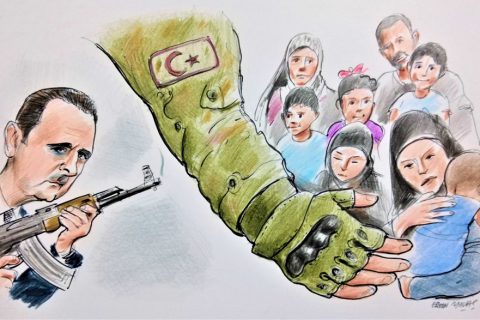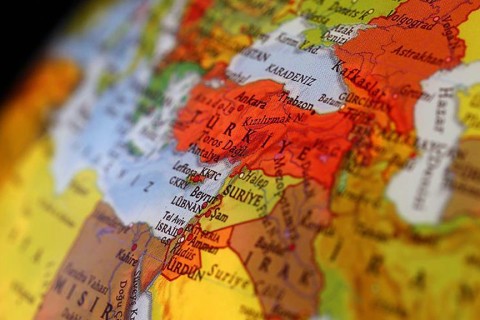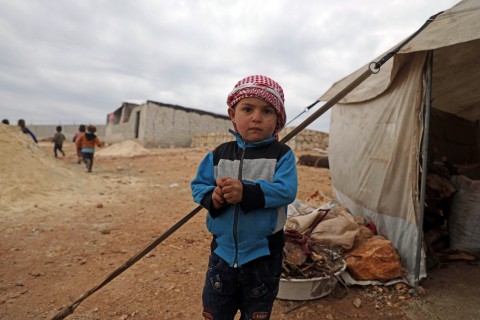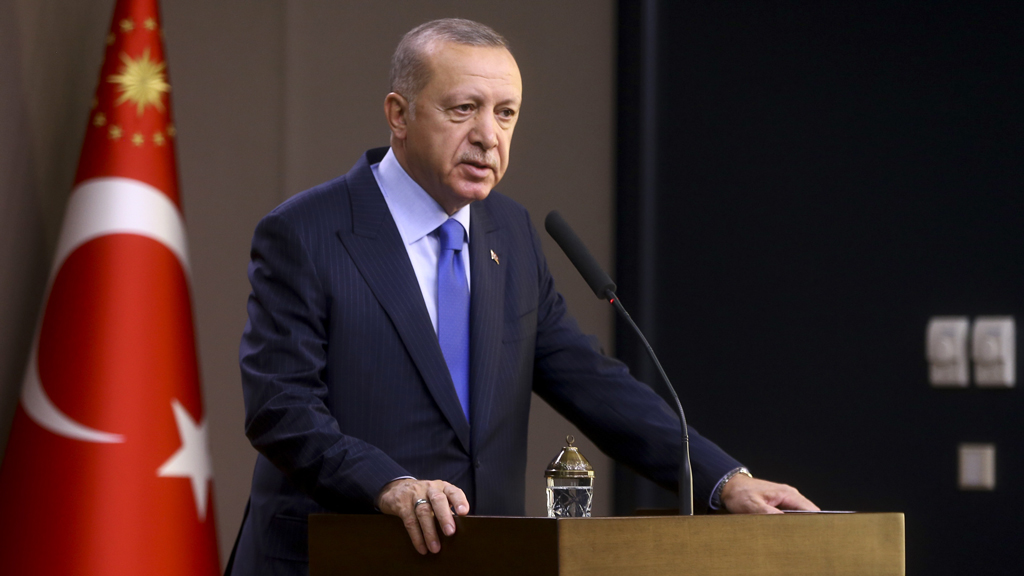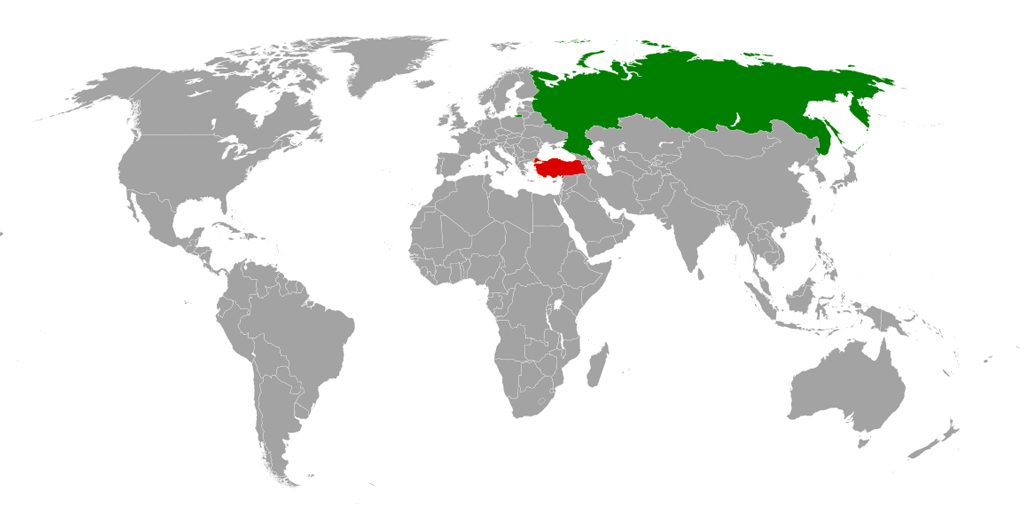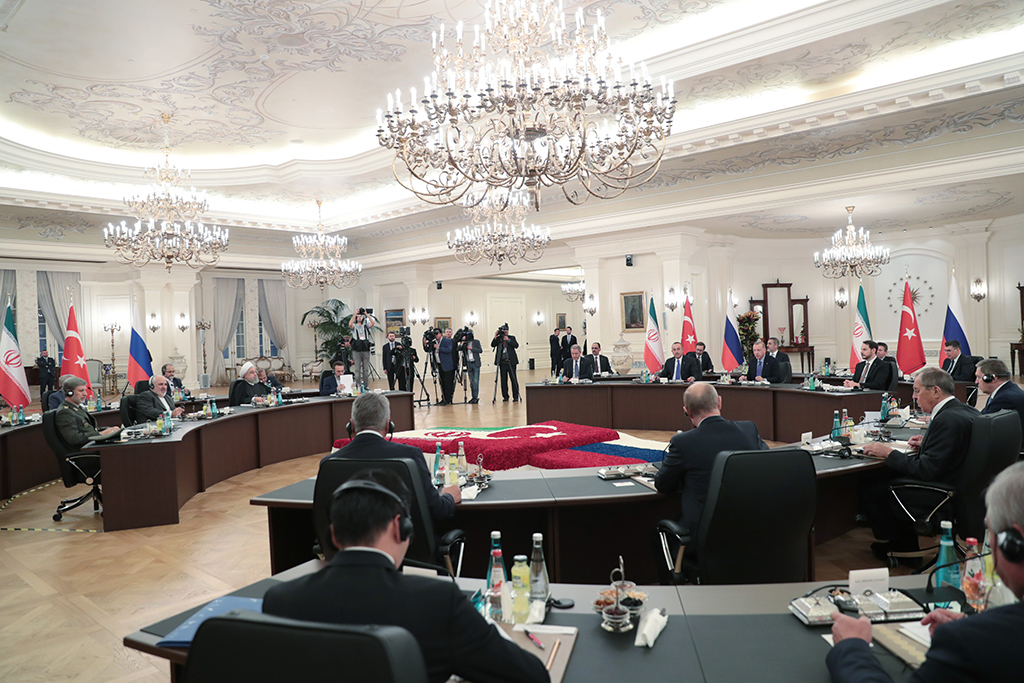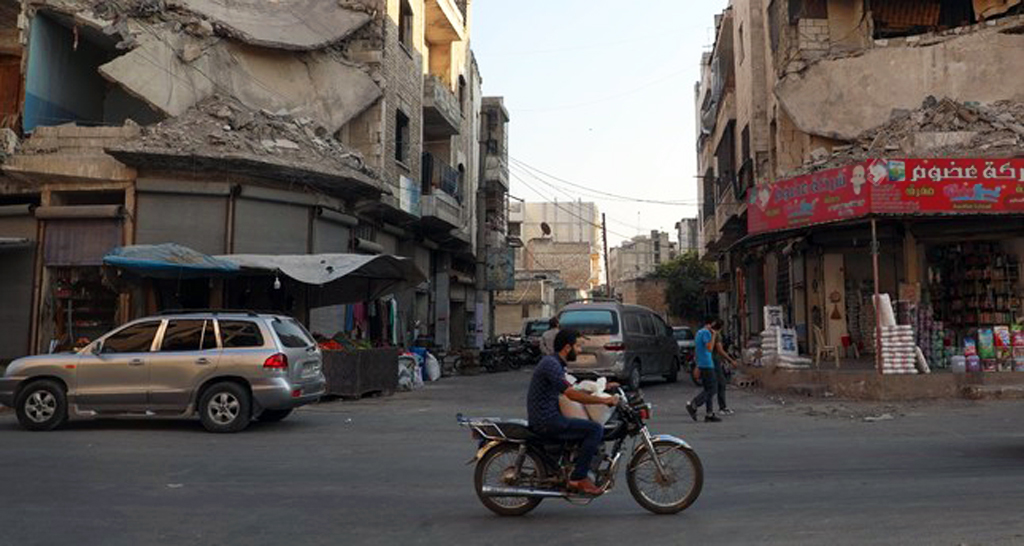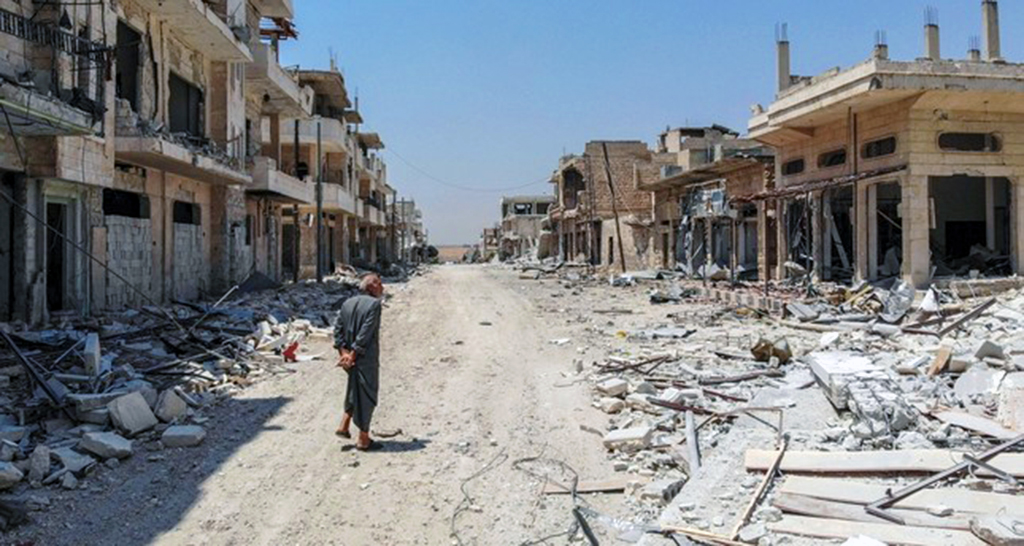Assad Regime
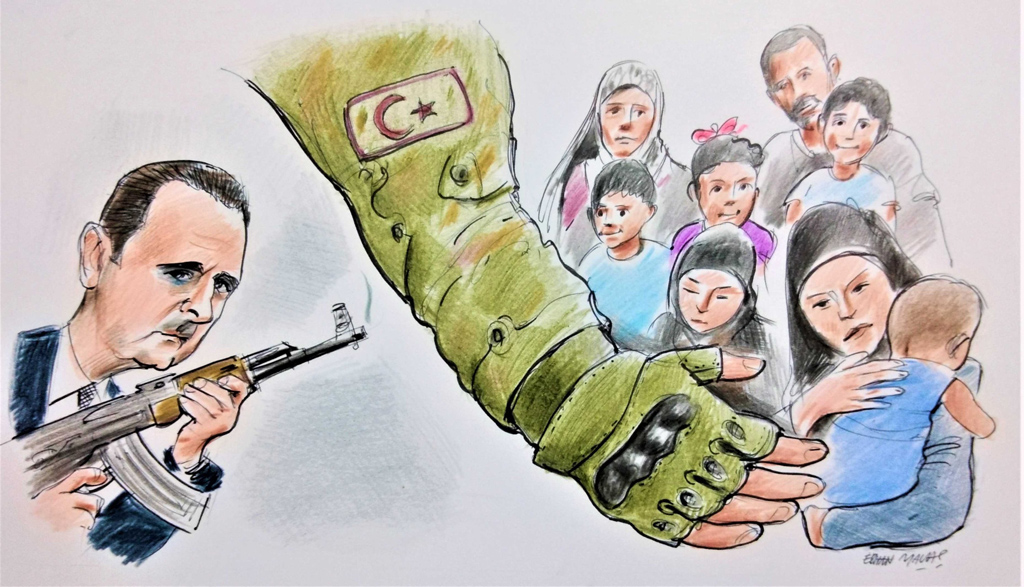
‘The Syria question’ in Turkish politics
| OpinionThe Syrian refugee community and the question of irregular migration have been attracting renewed attention …
-
Opinion
‘The Syria question’ in Turkish politics
By Burhanettin DuranThe future of Syrian asylum-seekers in Turkey, which the opposition feels is a serious concern, should be determined according to the principles of harmony and peace
-
Opinion
Arab Spring: A flashback to past 10 years
By Burhanettin DuranThe wave of democratization, which began with the Jasmine Revolution in Tunisia, took down the authoritarian leaders of Egypt, Libya and Yemen. Whereas the uprising in Bahrain was crushed thanks to Saudi Arabia’s military intervention, Iran and Russia ensured the survival of Bashar Assad’s regime in Syria.
-
Opinion
Is there any hope for Idlib solution?
By Burhanettin DuranTo solve the crisis in Idlib, the international community is hoping for the success of a four-nation summit and fresh diplomatic talks. President Recep Tayyip Erdoğan’s meeting with his Russian counterpart Vladimir Putin, Chancellor of Germany Angela Merkel and France's President Emmanuel Macron, scheduled to take place on March 5, keeps alive the hope of ending what the U.N. called “the worst humanitarian crisis of the 21st century” diplomatically.
Bu Konuda Daha Fazla
-
The Kremlin must heed Erdoğan’s warning
By Burhanettin DuranBy the end of February, Turkey expects Bashar Assad to withdraw to the agreed-upon cease-fire line stipulated in the Sochi agreement. Yet, nothing has come out of diplomatic negotiations between Ankara and Moscow.
-
Is Russia a friend or foe in the Middle...
By Meryem İlayda AtlasAndrej Kreutz raised a poignant question in his book from 2007, "Russia in the Middle East: Friend or Foe," well before the Syrian civil war erupted in 2011. Even though Russia has been an important player in the Middle East since the Cold War era, its influence in the region has burgeoned since Syrian President Bashar Assad invited Moscow into the Syrian civil war in 2015.
-
Turkey, Russia and Iran continue to shape Syria’s future
By Burhanettin DuranÇankaya Palace in Ankara was home to a historic trilateral summit on Monday. The presidents of Turkey, Russia and Iran met for the fifth time in two years to discuss the situation in Idlib, refugees, the most recent developments in northeastern Syria and the proposed constitutional committee.
-
Still too early to be optimistic about stability in...
An important meeting was held between the leaders of Turkey, Iran and Russia in Ankara on Sept. 16. The three actors' positions were close in the last trilateral meeting. The leaders of the three countries agreed on the structure of the constitutional commission and reiterated their commitment to the territorial integrity of Syria. They also supported the idea of reducing the tensions in Idlib province.
-
The brutality of the Assad regime remains unchanged
By Kılıç Buğra KanatSix years ago this week the Bashar Assad regime used chemical weapons against civilians in Ghouta. More than 1,400 people lost their lives and thousands were injured by the most well documented chemical weapons attack in human history..
